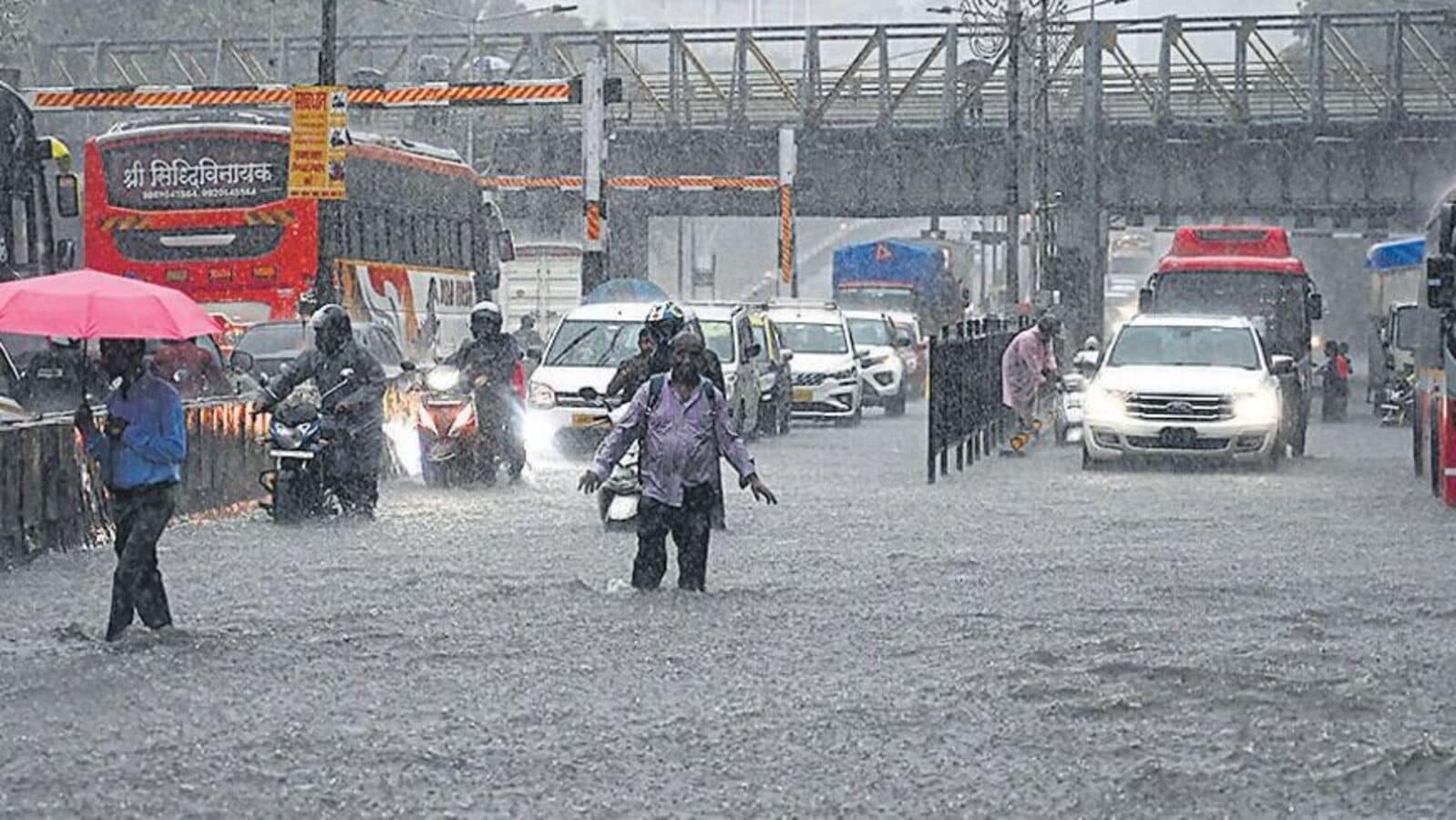Pakistani forces opened fire at multiple points along the Line of Control (LoC) for a second day on Saturday, an escalation in hostilities that threatens the February 2021 ceasefire agreement, officials aware of the matter said.

Scores of Indian posts across north Kashmir were targeted on Friday night, sparking the most extensive cross-border exchange in four years as the Pakistani salvo was returned, the officials said on Saturday, asking not to be named.
Unlike isolated, brief exchanges that were quickly resolved through established channels since the 2021 ceasefire agreement, the current pattern involves simultaneous salvos at multiple points across most of the 740-km frontier and has persisted with increasing frequency since the April 22 Pahalgam terror attack —signalling a possible intent toward escalation, the officials said.
Also Read: Pak PM says ready for probe, warns India of full force response
Forward deployed Indian soldiers responded firmly to the night-long ceasefire violations in sectors including Uri, Tangdhar, Kupwara and Gurez, and are fully prepared to handle the adversary’s aggression and provocations, the officials said. The latest provocation came after Pakistani soldiers violated the ceasefire at Tutmari Gali in north Kashmir on Thursday.
“The Pakistan Army’s actions are testing the ceasefire that has mostly held. But now a question mark hangs over whether it will last. We are ready for anything,” said one of the officials cited above, a day after army chief General Upendra Dwivedi visited Srinagar and reviewed the security dynamics in Jammu and Kashmir in light of the mounting tensions between the two countries.
On April 22, multiple terrorists targeted tourists in Pahalgam’s Baisaran meadow, killing 26 people in one of the deadliest attacks on civilians in the country in years.
India has announced a raft of retaliatory measures against Pakistan and military options are also being carefully considered to target the neighbouring country for its support to terror that is bleeding J&K. Pakistan has unveiled tit-for-tat reactions to measures announced by India but neither side has thus far indicated its intent to abandon the ceasefire.
“The steps taken by both sides are in the non-kinetic domain (no use of force to impose will). But the moment you get into the kinetic domain, the conflict could escalate. The ceasefire violations and the Indian Army’s response may be limited to small arms right now, but things can change,” said another official, in the context of the possible use of heavier weapons and artillery.
On Thursday, the Pakistan Army opened small arms fire at several locations on its side of the LoC, suspecting Indian soldiers may have crossed over to conduct operations.
The speculative firing, or reconnaissance by fire, was carried out along almost the entire 740-km de facto border as local Pakistani commanders sought to provoke a response that could confirm the presence of rival soldiers, as reported by HT on Saturday.
The two armies announced on February 25, 2021, that they had begun observing a ceasefire along the LoC from midnight of February 24. They had earlier agreed to a ceasefire in November 2003, but it was frequently violated. The ceasefire violations by the neighbouring army have traditionally been aimed at providing cover to infiltrators. Pakistan resorted to the highest ever ceasefire violations in the year preceding the joint announcement in February 2021 — its army violated it at least a dozen times on average daily between February 2020 and February 2021.
India has made it clear that a muscular response to the latest terror attack is in the offing.
It has already suspended the 1960 Indus Waters Treaty, downgraded bilateral ties, and shut down the only operational land border crossing at Attari. In response, Pakistan closed its airspace to Indian airlines, suspended all trade with India, including through third-party countries, and has threatened to suspend bilateral pacts such as the Simla Agreement.
Prime Minister Narendra Modi on Thursday said India will pursue terrorists to the ends of the earth, while defence minister Rajnath Singh warned Pakistan that India will soon strike back at not only those who carried out the horrific attack but also their handlers across the LOC.
The Pahalgam terror strike signals an imminent change in counter-terror dynamics in J&K as the security forces are now likely to find themselves overstretched, with their role possibly no longer confined to stopping terrorist infiltrators coming from Pakistan and other duties in the hinterland but also working out a strategy to deal with attacks on vulnerable tourist destinations in the union territory.




